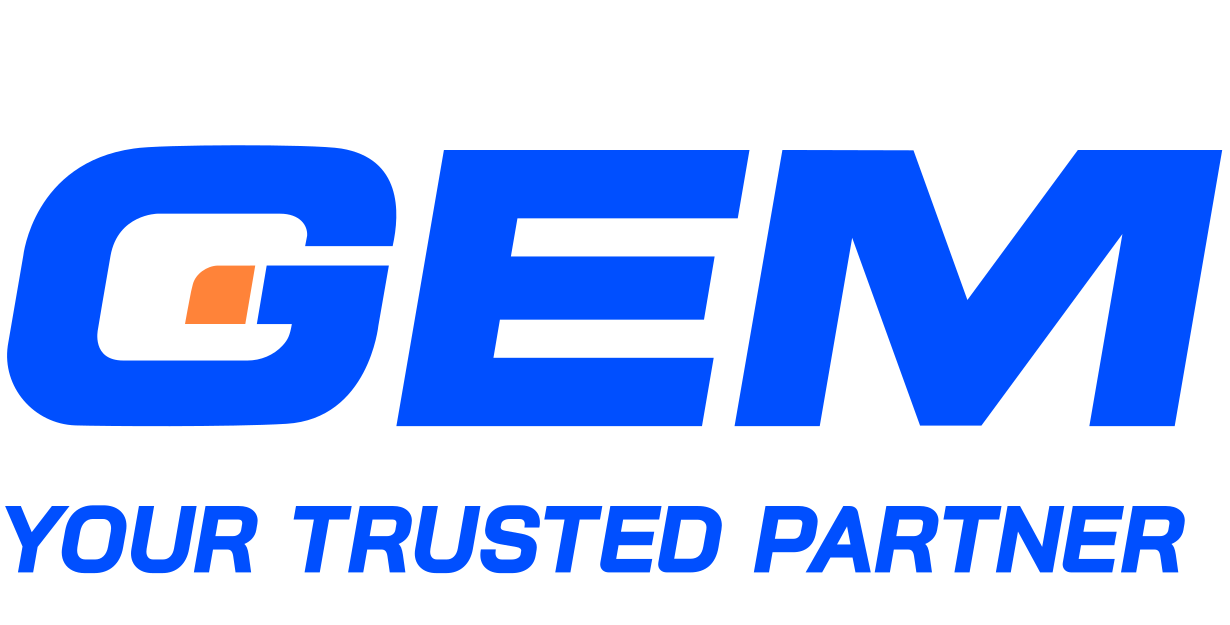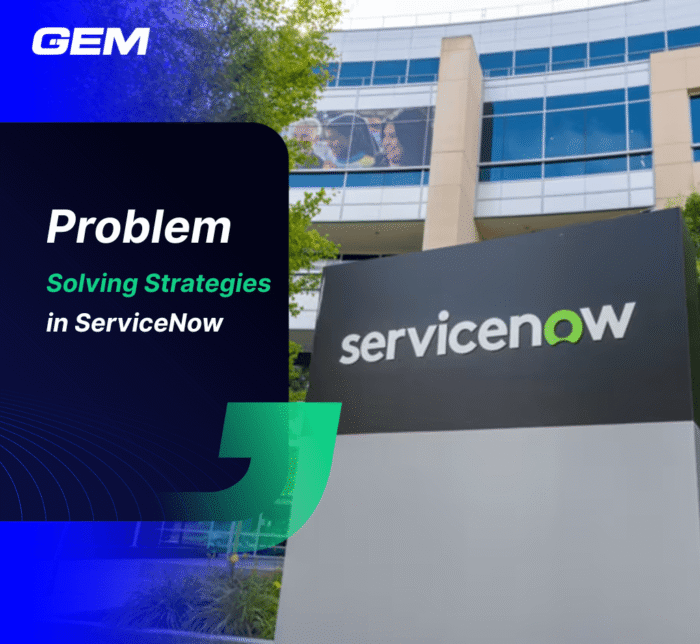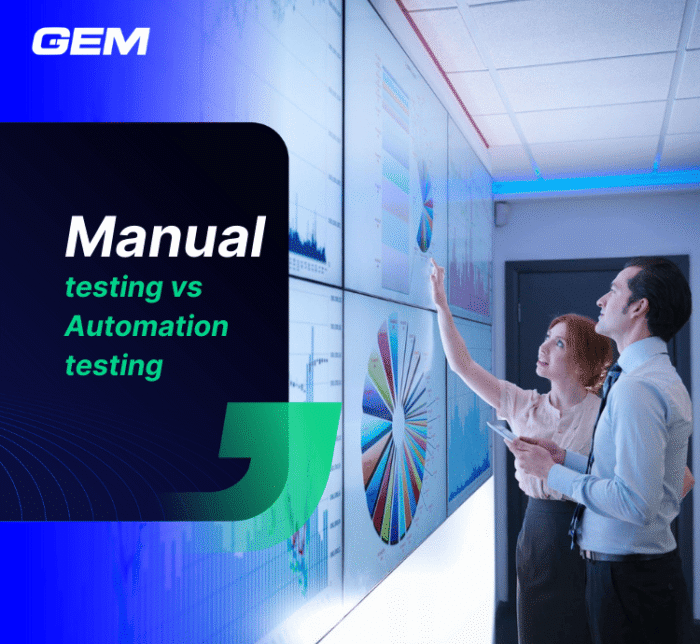Contents
In today’s digital world, the importance of quality assurance services cannot be overstated, as they ensure that software meets the highest functionality and user experience standards.
Vietnam, as a key player in the global IT landscape, is also a thriving market where global businesses can meet with highly skilled quality assurance engineers. In this article, GEM’s head of Quality Control shares her insights on Vietnam’s software quality assurance landscape and how it has empowered businesses globally in their digital journey.
If you are finding the right help for your next IT outsourcing project with ease, GEM Corporation’s RFP templates can help you:
- Understand the essential components of a standard IT outsourcing project
- Define metrics to filter out unqualified vendors and find the most suitable tech partners

Software quality assurance in Vietnam
According to the “Vietnam IT Market Report 2023 – Vietnam Tech Talents Report” by TopDev, Vietnam’s ICT sector is among the fastest-growing fields in the country, with consistent growth over the last five years.
As a result, software quality assurance services also have grown significantly with the rising number of Vietnamese providers. These companies serve both domestic and overseas clients, especially those in the US, Europe, and Japan.
Vietnam’s IT quality assurance landscape offers several key advantages that make it an attractive destination for businesses seeking reliable software development and testing services.

- Dynamic workforce:
Vietnam is home to a vibrant and dynamic workforce, characterized by a large pool of skilled and motivated IT professionals. With a youthful demographic, these individuals are eager to learn and readily adapt to new technologies.
- Receptivity to changes and advancement
Vietnam’s IT landscape, with a soaring number of startups, research centers, and innovation hubs, is quick to recognize and adapt to the constant changes in the IT field, including in software quality assurance. For instance, in Vietnam, many software quality assurance companies have begun researching and implementing AI and Big Data to automate and enhance testing processes.
In Vietnam, common software quality assurance services include automated testing, manual testing, integration testing, performance testing, and security testing. IT companies leverage advanced tools and methodologies such as Selenium, Appium for automated testing, JMeter, and LoadRunner for performance testing.
Below is a quick recap of common use cases for these tools:
- Selenium: for web application testing, cross-browser testing, and regression testing
- Appium: for various types of mobile app testing such as native, hybrid, mobile web app, cross-platform, and gesture-based.
- JMeter: for load testing, stress testing, API testing, database testing, and scalability testing
- LoadRunner: for large-scale enterprise-level testing, end-to-end system performance testing, and integrated diagnostics.
Manual testing vs Automation testing in Vietnam – A quick comparison
Manual testing and automation testing are two of Vietnam’s most popular quality assurance services. The choice between the two methods often depends on project requirements, budget constraints, and the complexity of the software being tested.
Below is a quick comparison of these two testing methods based on FIVE factors: how much human intervention is required, testing speed and efficiency, test scripts’ reusability, outcome accuracy and consistency, the method’s adaptability, and cost and skill requirements.

Amount of human intervention required
- Automation testing reduces the need for manual intervention during testing by utilizing tools, scripts, and software.
- Manual testing relies on direct interaction from testers, involving human observation and execution of test cases.
Testing speed and efficiency
- Automation testing is generally faster and can execute multiple test cases simultaneously, improving overall efficiency.
- Manual testing often requires more time and resources due to the need for human execution and observation, making it comparatively slower.
Test script reusability
- Automated test scripts can be reused across projects or future iterations, leading to significant time savings in the long run.
- Manual testing lacks the reusability of automated tests, as each test must be conducted manually from scratch, potentially leading to inefficiencies and duplicated effort.
Outcome accuracy and consistency
- Automation testing tends to provide more consistent and accurate results, as tests are executed precisely according to predefined scripts.
- Manual testing may be subject to human error, leading to inconsistencies in test results.
Method’s adaptability to change
- Manual testing offers greater flexibility in adapting to changes during the testing phase, as testers can easily modify test cases based on evolving requirements.
- Automation testing may require more effort to adapt to changes, as scripts and test cases may need to be updated accordingly, potentially leading to delays or additional costs.
Cost and skill requirements
- Automation testing typically requires a higher initial investment in tool acquisition, script development, and maintenance.
- Manual testing generally incurs lower upfront costs but may require skilled testers with in-depth domain knowledge and testing expertise.
GEM’s expert considers the shortage of highly skilled resources and price competition from other markets the two major challenges for Vietnam’s software quality assurance landscape. However, she also highlighted the concerted efforts undertaken by Vietnamese providers to address these challenges.

The shortage of high-quality personnel
As the landscape grows in scale and reputation, the complexity of software quality assurance tasks in Vietnam increases, thereby heightening the likelihood of a scarcity of professionals with advanced skills and expertise.
Vietnamese IT companies are investing in comprehensive training programs and upskilling initiatives to bridge the gap and cultivate a pool of qualified talents.
In addition, many collaborate with educational institutions and industry partners to develop tailored training programs that meet specific industry demands.
Price competition from other markets
The presence of lower-cost competitors in neighboring markets poses a challenge to Vietnam’s quality assurance industry.
To remain competitive, companies are exploring strategies to differentiate their services based on quality, reliability, and value-added offerings. A few examples of such strategies are:
- Building long-term partnerships with clients to understand their needs better and provide customized services.
- Leveraging advanced technologies and automation tools to streamline processes and improve testing efficiency

Closing remark
In conclusion, Vietnam’s software quality assurance industry is witnessing a significant transformation that is driven by the imperative for excellence in product development and competitiveness in the global market. With a strong focus on quality and improvement, Vietnam has positioned itself as a key player in this landscape.
To sustain growth, companies must prioritize service quality, invest in training, and adapt to new trends. Innovating with technologies like AI and machine learning in quality assurance will be vital for Vietnamese firms to stay competitive globally.
Are you looking for an excellent provider of software quality assurance services?
GEM Corporation, based in Hanoi, Vietnam, is a leading provider of software quality assurance services. With a versatile team of highly experienced software quality assurance staff and a standardized delivery process, GEM has a track record of successful projects in this regard. Our superior quality assurance services ensure seamless functionality, reliability, and security of clients’ products and help them harness values from digital technologies.
Follow GEM on Facebook and LinkedIn to learn more about us and how we deliver excellence.
Are you interested in discovering top-notch software quality assurance services in Vietnam? GEM’s got exactly what you need – Let us know how we can reach out to you!




